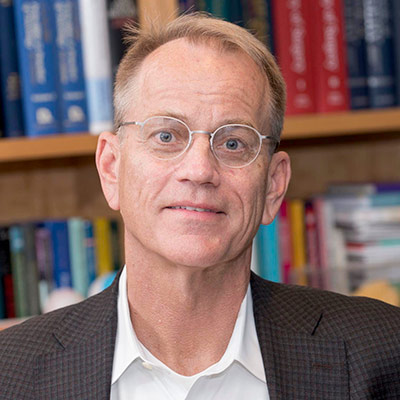

Steven Leach was named director of the Norris Cotton Cancer Center. He will begin his role in September.
Leach will oversee a program that combines cancer research at Dartmouth and the Geisel School of Medicine with cancer care provided across the Dartmouth-Hitchcock health system.
Leach is the David M. Rubenstein Chair and director of the Rubenstein Center for Pancreatic Cancer Research at Memorial Sloan Kettering Cancer Center.
Leach has spent the past 25 years conducting both basic science and clinical research, becoming the inaugural director of MSK’s pancreatic cancer research center in 2014. He is also a professor of surgery at Weill Medical College of Cornell University.
He previously served as the Paul K. Neumann Professor in Pancreatic Cancer Research, professor of surgery, oncology and cell biology, chief of the Division of Surgical Oncology and vice chair for academic affairs at Johns Hopkins University.
In addition to his appointment as the director of the NCCC, Leach will hold the Preston T. and Virginia R. Kelsey Distinguished Chair in Cancer at the Geisel School of Medicine at Dartmouth. This chair supports the director of the NCCC in advancing innovative research that translates into clinical and preventative cancer care.
Leach will continue his research into pancreatic cancer biology. His lab at MSK has made discoveries that have established previously unrecognized links between pancreatic development and pancreatic cancer.
More recently, Leach’s team has completed highly translational studies focused on more advanced stages of the disease, including the development of novel models for testing the drug sensitivity of each patient’s individual tumor.











